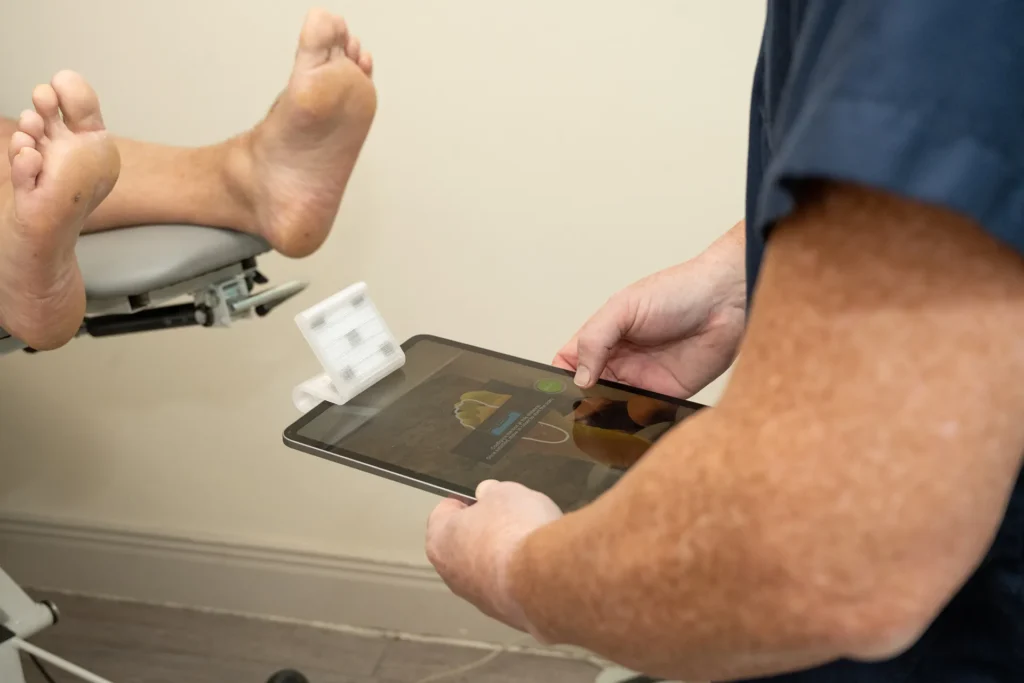Nail surgery should only be performed after a detailed medical history and informed consent are gained.
Nail surgery is a low-risk procedure that involves removing part or all of the nail under local anaesthetic.
Contraindications:
Anticoagulants/ anti-platelet medication (blood thinners) such as Aspirin, Warfarin, and Clopidogrel can cause post-operative bleeding.
Patients with Diabetes who have HbA1c of over 75mmol/mol (poor glycaemic control) may be at an increased risk of delayed healing and/or postoperative infection.
Patients with Auto-immune disorders who are taking medications that suppress the immune system such as DMARDs, Biologics, or Steroids will be at increased risk of postoperative infection.
Antidepressants such as Tranylcypromise, Phenelzine, and Isocarboxazid can interact with Local Anaesthetic that contains adrenaline – during nail surgery local Anaesthetic without adrenaline is used. However, in the event of an anaphylactic reaction to the local anaesthetic, adrenaline must be administered. Therefore, local anaesthetic must not be used for any patient taking these medications unless they have been exposed to local anaesthetic previously.
While there are many other contraindications to consider, we can assure you that at Feet First Podiatry we possess a deep knowledge base to ensure patient safety.
Before any procedure we must gain Informed Consent. Informed consent is giving patients all of the information about what nail surgery involves including what to expect on the day of the procedure, risks and benefits of the procedure, what the aftercare involves, and alternative options to nail surgery. Patients will be given ample opportunity to ask questions and raise concerns.
At Feet First podiatry we ensure utmost patient care from your very first appointment to the end of your treatment journey.

